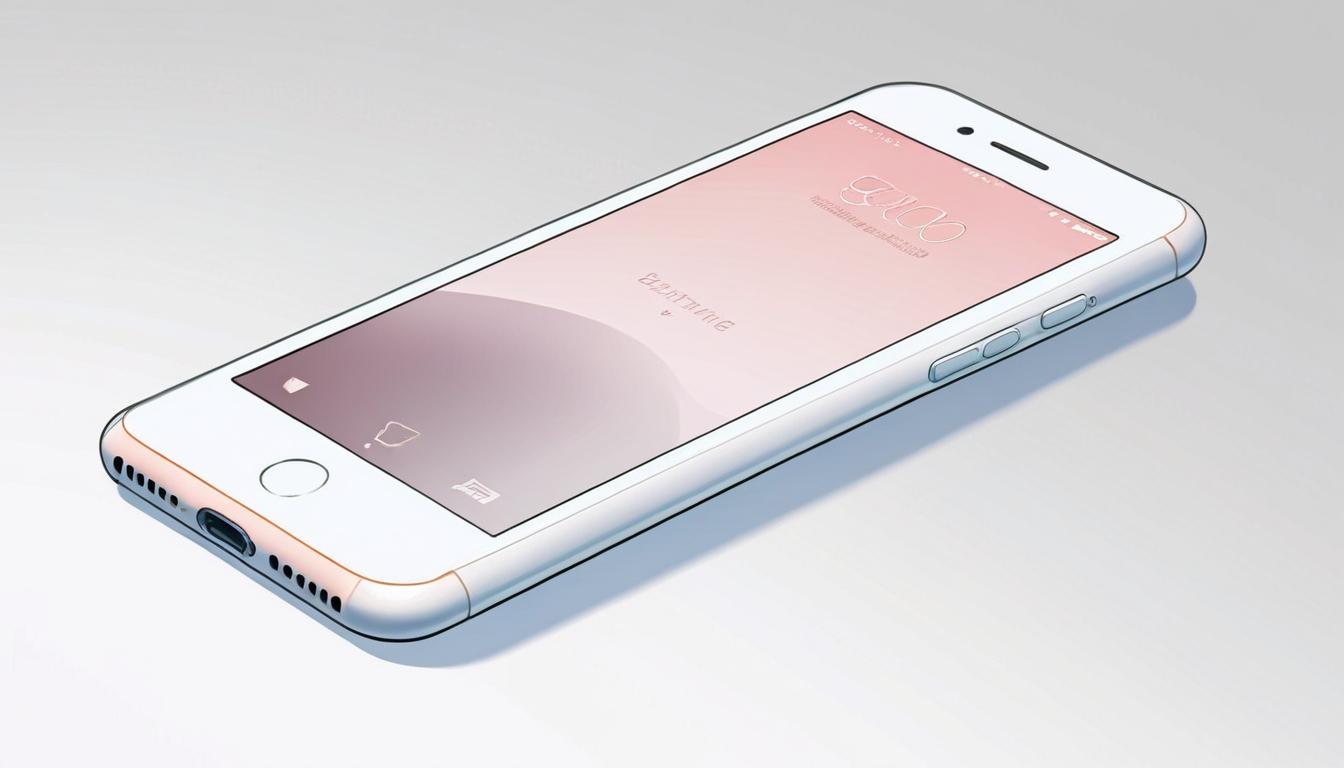In a significant shift from his illustrious career at Apple, Jony Ive, the visionary designer behind the original iPhone, is in the spotlight once again, this time for his collaboration with OpenAI to develop innovative AI-centric hardware. This partnership is viewed as a potential game-changer in the rapidly evolving technological landscape, particularly as society begins to confront the darker aspects of smartphone culture and its pervasive impact on daily life.
Ive has openly expressed his regrets regarding his role in promoting smartphone addiction, a sentiment that he reiterated in a recent conversation with Stripe CEO Patrick Collison. During this discussion, he reflected on how his design philosophy inadvertently contributed to the compulsive usage patterns seen today. Recognising these unintended consequences, Ive has turned his focus to creating technology that promotes healthier interactions, positing that AI could redefine user engagement moving forward.
The current collaboration, which reportedly includes discussions with SoftBank’s Masayoshi Son for potential investment, aims to develop what is being likened to "the iPhone of artificial intelligence." This ambitious project seeks to merge the power of generative AI with a new kind of computing experience that is not only intuitive but also less disruptive to social norms. By prioritising a more natural user interface, the venture could alleviate some of the negative societal pressures associated with smartphones, such as addiction and mental health issues.
Despite the optimism surrounding this initiative, there remains an undercurrent of skepticism. Critics question whether a new device can genuinely make a positive difference or simply add to the cacophony of technology already saturating daily life. Additionally, the implications of generative AI stretch beyond user experience; ethical concerns surrounding its impact on education, creativity, and even copyright laws continue to loom large. As educators and technologists grapple with these challenges, the need for socially responsible innovations becomes even more apparent.
Currently, the project is in its infancy, with a core team that includes former Apple designers Tang Tan and Evans Hankey. As details remain scarce, industry watchers are eager to learn whether this collaboration will bear fruit and how it might redefine our relationship with technology. In 2018, Ive had already articulated a "moral responsibility" to address the consequences of smartphone culture, suggesting that his current efforts are a natural extension of those earlier reflections.
Looking to the horizon, the intersection of design, technology, and ethics becomes increasingly relevant. As Jony Ive and OpenAI venture into this uncharted territory, the tech community watches with bated breath. Will this collaboration mark a turning point in our tech-driven lives, steering society towards a healthier relationship with devices? Only time will tell whether this new venture will offer genuine solutions or merely contribute to the ongoing dialogue about technology’s role in our lives.
Reference Map
- Paragraph 1: [1], [2], [3], [4], [6]
- Paragraph 2: [1], [6], [7]
- Paragraph 3: [2], [4], [5]
- Paragraph 4: [3], [4], [5], [6]
- Paragraph 5: [6], [7]
Source: Noah Wire Services
